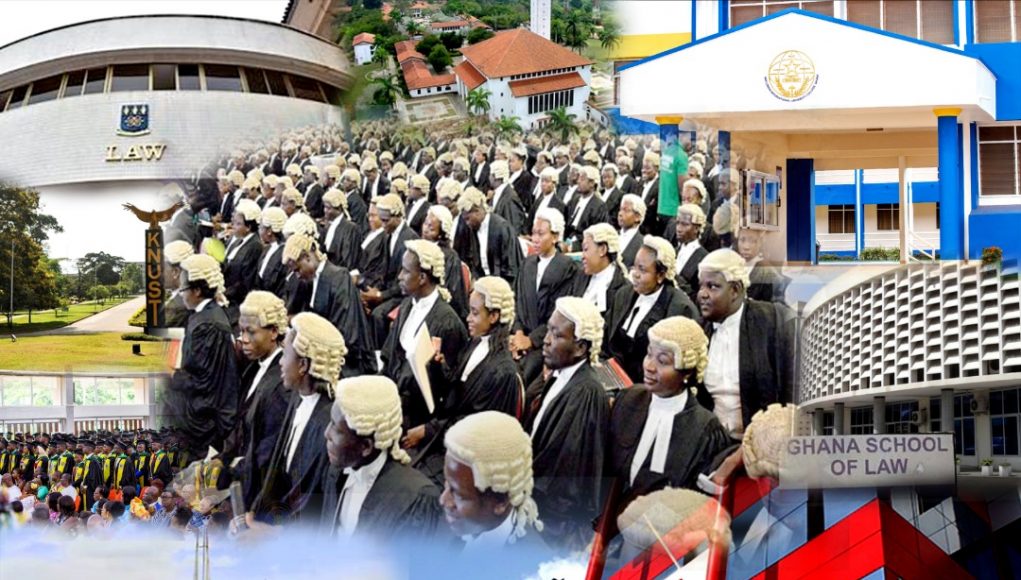Bridging the digital divide: The future of legal education in Ghana
As Ghana charts its course towards a brighter, more inclusive future, the integration of technology into legal education stands as a beacon of hope - a testament to the nation’s unwavering commitment to innovation and progress.

In the bustling heart of Africa lies Ghana, a nation rich in history and tradition, now poised on the precipice of technological transformation. As the digital revolution sweeps across continents, Ghana’s legal education system stands at a crucial crossroads, facing the imperative to embrace technology to meet the demands of a rapidly evolving legal landscape.
In recent years, the traditional methods of legal education in Ghana have faced mounting scrutiny. The rote memorization of statutes and case law, once the cornerstone of legal pedagogy, now contends with an increasingly interconnected world where information is just a click away.
Recognizing this shifting paradigm, legal scholars and educators are championing a new approach - one that harnesses the power of technology to equip future lawyers with the tools they need to succeed in the 21st century.
At the forefront of this movement is the integration of technology into law school curricula. In Ghana, where access to legal resources can be limited, the incorporation of digital platforms and online databases offers students unprecedented access to a wealth of legal knowledge. From virtual libraries to interactive case studies, these innovative tools not only enhance learning but also cultivate critical thinking and problem-solving skills essential for legal practice in the digital age.
But the transformation goes beyond mere digitization. In Ghanaian law schools, forward-thinking educators are exploring the potential of emerging technologies such as artificial intelligence and blockchain to revolutionize legal education. Imagine a classroom where students engage with AI-powered tutors to simulate real-world legal scenarios or where smart contracts are dissected not just as theoretical constructs but as tangible applications shaping the future of commercial law.
Yet, for all its promise, the journey towards a tech-enabled legal education in Ghana is not without its challenges. Infrastructure constraints, digital literacy gaps, and entrenched institutional practices present formidable barriers to progress.
To surmount these obstacles, stakeholders must collaborate to develop comprehensive strategies that address the unique needs of Ghanaian law schools, leveraging technology to democratize access to legal education and empower a new generation of legal professionals.
As Ghana charts its course towards a brighter, more inclusive future, the integration of technology into legal education stands as a beacon of hope - a testament to the nation’s unwavering commitment to innovation and progress.
In the classrooms of tomorrow, where the boundaries between the physical and digital worlds blur, Ghana’s aspiring lawyers will find not just an education but a gateway to endless possibilities, bound only by the limits of their imagination.


